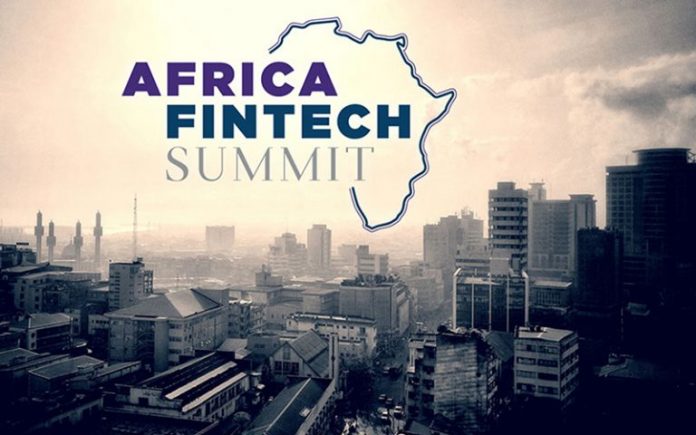More transactions than a year ago, but smaller amounts. The 2020 year of African technology confirms the dynamism of start-up financing, dominated by Egypt, Nigeria, South Africa, and Kenya. In French-speaking Africa, Morocco, Tunisia and Senegal stand out.
Partech Africa has just published its annual report on venture capital funding for African start-ups. Despite the health crisis, reports the Venture Capital company, the African tech ecosystem has continued to grow strongly. The year ended with more fundraising events than in 2019, as the digitization of fundamental economic sectors continued.
In 2020, the number of start-ups that raised funds was greater than in all previous years: 359 operations were carried out by 347 young companies in 2020, compared to 250 “rounds” recorded in 2019, i.e. 44% growth. Partech Africa’s fifth annual report on African tech start-ups, as in previous years, includes capital fundraising over $ 200,000.
Analysts see another “very positive” signal: the number of seedlings (first shareholder meeting) jumped 80% to 228 trades. Despite a decline in the size of the financing rounds, the number of rounds of series A and B (the first stages after the start-up of the start-up) continue to grow (+ 11%).
On the other hand, growth fundraising, reserved for high-growth companies, which want to stabilize their shareholding and move on to start-up, have only been the subject of a small number of transactions, with a sharp reduction. average tickets (-60% compared to 2019).
While the tech ecosystem is still very dynamic, the total amount raised by African start-ups fell for the first time, after nearly a decade of growth. In 2020, $1.429 billion in equity funds were raised by start-ups, which represents a drop of 29%, while the threshold of $2 billion was crossed in 2019. Another effect of the crisis: size average of these lifts is less important. Much of the downward trend is due to the noticeable absence of mega towers.
Nigeria and Egypt stand out!
Nevertheless, the month-by-month analysis shows that the crisis has had no visible impact on the general activity of the ecosystem; in fact, each month of 2020 saw more rounds concluded than the same month in 2019. If investors slowed down their processes and if entrepreneurs preferred to postpone their fundraising while waiting for a more favorable climate, the ecosystem has nevertheless benefited from a significant fund trend: the accelerated digitization of key economic sectors such as agriculture, logistics, mobility, energy and health.
Unsurprisingly, Nigeria retains its first place, with $307 million invested in start-ups, while in number of transactions, Egypt takes the lead with 86 transactions recorded, a jump of 83% compared to the previous year. Although four countries still stand out, accounting for four-fifths of the amounts invested on the continent, 26 countries in total which have attracted investments.
Kenya, South Africa, and to a lesser extent Ghana, have hosted significant operations. Morocco ($11.2 million for twelve operations), Senegal ($8.8 million, two operations), Ivory Coast ($6.5 million, six operations), are in the middle of the pack.
Tunisia hosted seven operations, worth $3.4 million, while Algeria recorded only one operation, but amounting to $5.5 million.
By sector, Fintech remains by far the leading area of activity in terms of amounts invested, with 25% of amounts committed. The digital transformation of key economic sectors has made it possible to attract a great deal of funding: agrotechnology weighed in at $179 million, the fields of logistics and mobility $157 million, off-grid energy $146 million and health $141 million.
Note that in 2020, only 13% of financing rounds were carried out by young companies founded by women, or 4 points less than in 2019, but these start-ups represent 14% of the amounts invested this year, up slightly from 13% in 2019.
The African tech ecosystem has not only attracted more investors (+24% compared to the previous year), but they are also more engaged in the market: 108 investors have completed two or more transactions, and among them , 22 were very active with at least five transactions.































